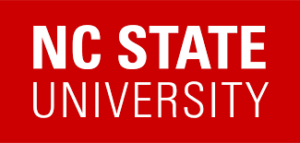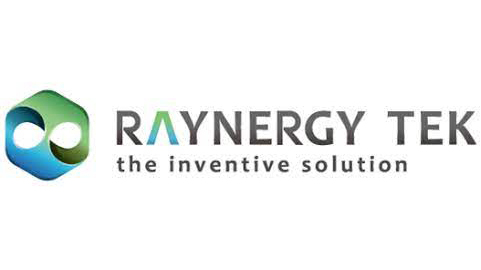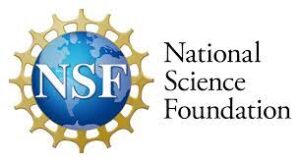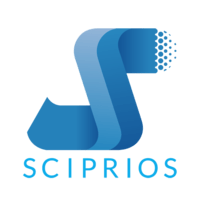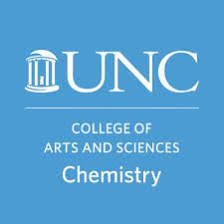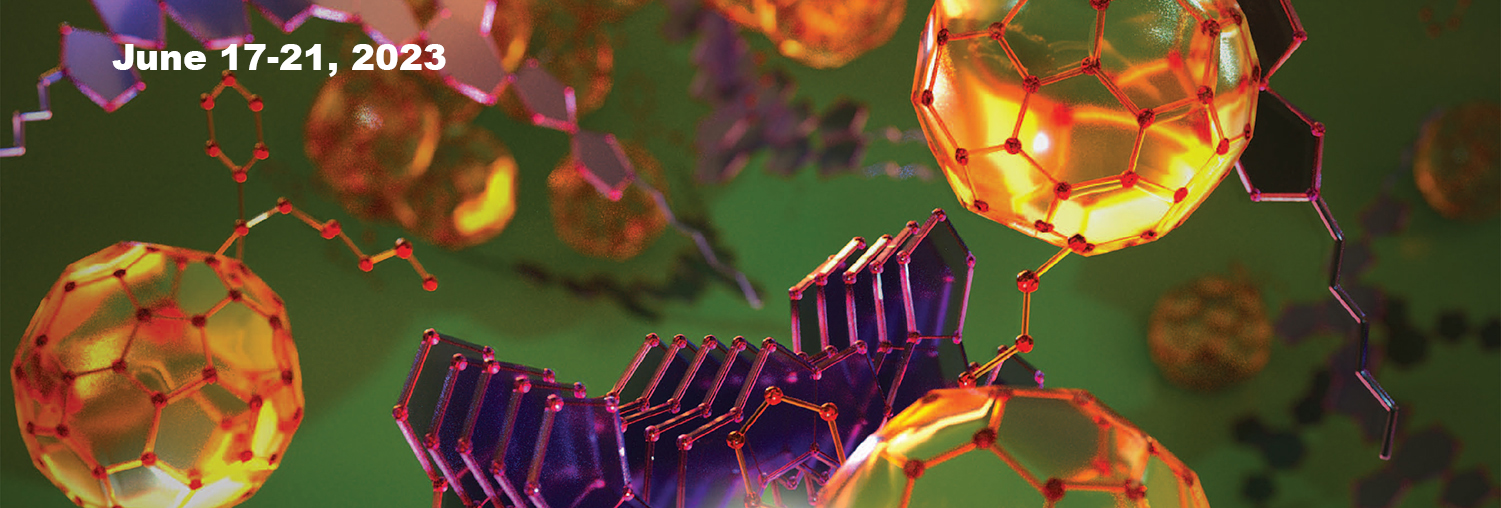History
Fπ15 in Raleigh follows in a line of the Fπ conferences from Japan (Osaka 1989, 1999, 2006, Kobe 1992), USA (Santa Cruz 1995, Ithaca 2004, Atlanta 2010, Seattle 2015), Europe (Ulm-Germany 2002, Graz-Austria 2008, Arcachon-France 2013, Berlin 2019), and China (Beijing 2011, Hong Kong 2017). It initially started as the “International Symposium on Functional Dyes” in 1989. To broaden the scope of the conference and to adjust to the developments in academic and industrial research, it was renamed to the “International Symposium on Functional π-Electron Systems” in 2002.
Scholarship Information
The National Science Foundation Division of Materials Research Electronic and Photonic Materials program has generously provided a number of student stipends up to $1000 to support registration and travel to FPi15. Any student attendee is eligible to be considered for these stipends but priority is reserved for students with the most significant need. In addition, support for people from traditionally underrepresented groups in Science and Engineering is a priority. Specifically, the stipends will prioritize support for women, underrepresented minorities (this category comprises three racial or ethnic minority groups (Blacks or African Americans, Hispanics or Latinos, and American Indians or Alaska Natives) whose representation in S&E education or employment is smaller than their representation in the U.S. population), and people with disabilities. To apply, briefly (500 words or less) describe your need for the NSF support stipend and connection to its priorities and email a PDF to oracelgroup@ncsu.edu by May 7.

Raleigh is consistently ranked as one of the best places to live in the United States. Our city has a large greenway system, great restaurants and close access to 3 major universities – NC State, UNC-Chapel Hill, and Duke. This high density of higher education has attracted some of the largest companies in the world to call the Research Triangle their home, bringing talent and industry together in exciting and meaningful ways.
Co-Chairs
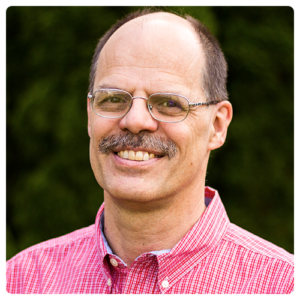
NC State
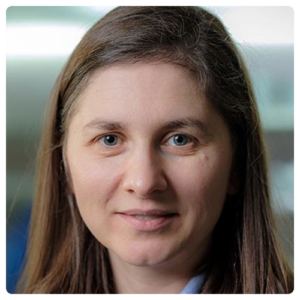
Wake Forest
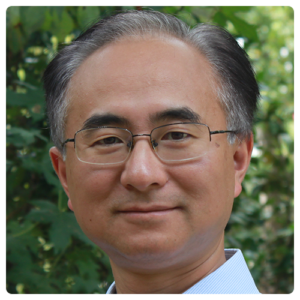
UNC- Chapel Hill
Organizing Committee
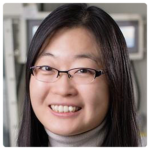
UIUC

NC State

Penn State

NC State

McGill University

Georgia Tech
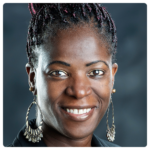
MS State
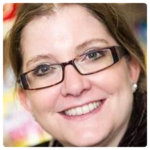
Georgia Tech
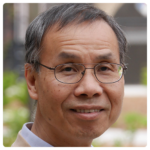
NC State

NC State
| International Advisory Board | |
|---|---|
| Zhenan Bao | Stanford University, USA |
| Paul Blom | Max Planck Institute for Polymer Research, Germany |
| Peter Bäuerle | Ulm University, Germany |
| Jean-Luc Brédas | University of Arizona, USA |
| Lin X Chen | Northwestern University, USA |
| Maxwell Crossley | University of Sydney, Australia |
| Yong Cao | South China University of Technology, China |
| Luisa de Cola | University of Strasbourg, France |
| Georges Hadziioannou | University of Bordeaux, France |
| Emil List-Kratochvil | Humboldt-Universität zu Berlin, Germany |
| Christine Luscombe | University of Washington, USA |
| George Malliaras | University of Cambridge, England |
| Seth Marder | University of Colorado, USA |
| Tobin Marks | Northwestern University, USA |
| Klaus Müllen | Max Planck Institute for Polymer Research, Germany |
| Thuc-Quyen Nguyen | University of California, Santa Barbara, USA |
| John Reynolds | Georgia Tech, USA |
| Ulrich Scherf | University of Wuppertal, Germany |
| Yasuhiko Shirota | University of Osaka, Japan |
| Zhigang Shuai | Tsinghua University, China |
| Zen-ichi Yoshida | Kinki University, Japan |
| Xi Zhang | Tsinghua University, China |
| Deqing Zhang | Chinese Academy of Sciences, Beijing, China |
| Daoben Zhu | Chinese Academy of Sciences, Beijing, China |

Sponsors
